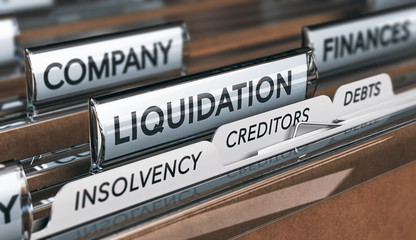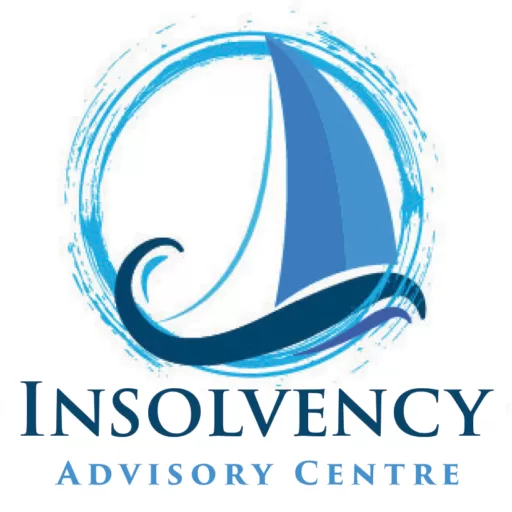What Is A Deed Of Company Arrangement?
A Deed of Company Arrangement (DOCA) is a contract that allows companies to avoid liquidation and remain, in some capacity, functional. A DOCA is usually implemented when an organisation faces insolvency (financial difficulties) or has entered voluntary administration. It is a binding agreement between a company and its creditors to foster a mutually beneficial solution.
As DOCA experts, we offer professional assistance to companies approaching insolvency to avoid their organisation’s immediate winding-up.
Who initiates a DOCA?

If insolvency looms over a company, it may enter voluntary administration.
Voluntary administration is when an independent insolvency practitioner’ assesses the company’s assets and determines the best steps moving forward.
One option the insolvency practitioner could explore is a deed of company arrangement. A DOCA boasts a host of advantages, the main one being a more favourable outcome for both the organisation and the creditors.
What Should A Deed Of Company Arrangement Include?
For a DOCA to be effective, it must feature an extensive framework for the settlement and outline the fate of all company assets. It must include:
- The identity of the appointed administrator
- Details of the circumstances leading to the DOCA
- A comprehensive list of all assets available to repay creditors
- The extent to which the organisation will be relieved of its debts
- The order in which the company assets will be distributed
- The intention and length of any legal action held against the company
How Is DOCA Implemented?
At the meeting of creditors, the appointed administrator will propose a DOCA. For the arrangement to be pursued, it must do the following:
- Be supported by 50% of creditors
- Fulfil at least 50% of the debt owed
Following approval of the arrangement, the company has 15 business days to sign the agreement. If they fail to comply with these terms, they will immediately be liquidated and considered insolvent.
Who Administers A DOCA?
Once the agreement is initiated, the voluntary administration process is brought to a close. From this point forward, the company falls under the jurisdiction of the contract.
The creditors will appoint an individual to be the ‘deed administrator’. Although the creditors can choose anyone to fulfil this role, the voluntary administrator will typically be selected. This is because they are familiar with the company’s operations and can offer an insight that is advantageous to both the creditors and the company.
The primary role of the deed administrator is to ensure that the company complies with the DOCA. They are also an authority that the creditors can approach if they have concerns about the agreement.
The deed administrator is responsible for filing regular reports with the ASIC and must present a detailed list of the company’s receipts and payments every six months.
Who Does A DOCA Affect?
A DOCA can significantly affect a company’s current and future operations.
- Unsecured creditors (those who voted against the agreement)
- Owners of company property
- Secured creditors (those who voted in favour of the agreement)
- Those leasing properties to the company
The arrangement can release the business from many debts and provide the organisation with an alternative plan. By implementing a DOCA, company directors can eventually regain control, but they may be subject to limitations.
When Does A Deed Of Company Arrangement End?
The DOCA will only be terminated under two circumstances.
- The company makes its final payment and continues as a solvent company, ending the administration period.
- The court or creditors retract the arrangement due to a lack of cooperation from the company, returning the organisation to insolvency.
Financial stability is vital for a company’s success, and insolvency poses a threat to your organisation, but recovery strategies are available. Entering a DOCA is just one of the ways to keep your company solvent and operational. Though the process may seem complex, it can provide a better outcome for all parties involved.
“We know that financial difficulty can be a difficult time. You may find yourself in debt, overwhelmed by your situation, and the prospect of repaying what you owe seems daunting – but we offer solutions for people like this! Our team will help determine which option is best suited to meet all aspects of managing money wisely so as not to make matters worse or allow any other debts to go unaddressed.”
Andrew Bell Insolvency Advisor
Let’s Talk
With over 30 years of experience in debt solutions and Insolvency in Australia, Andrew can find a solution for you.
“Nothing is more satisfying to me than knowing that I’ve helped someone get back on their feet by guiding them through the Insolvency Process. Rest assured; you’re in good hands with me as we solve your financial problems together.”

